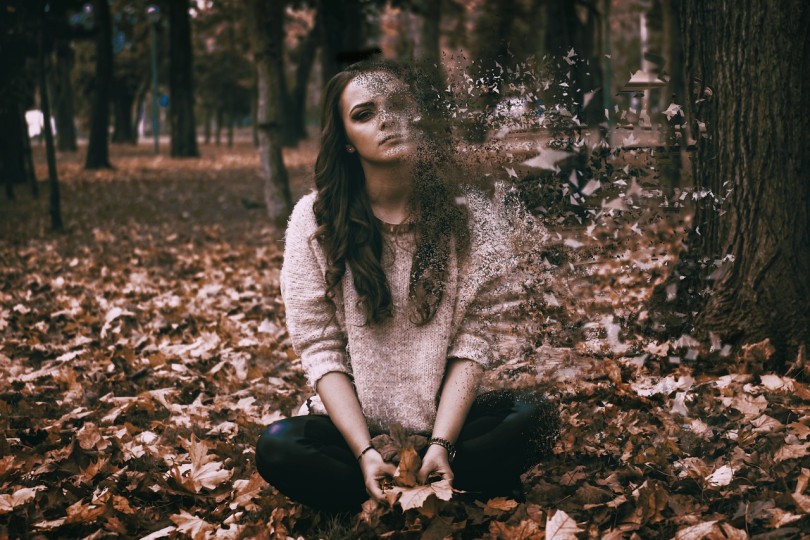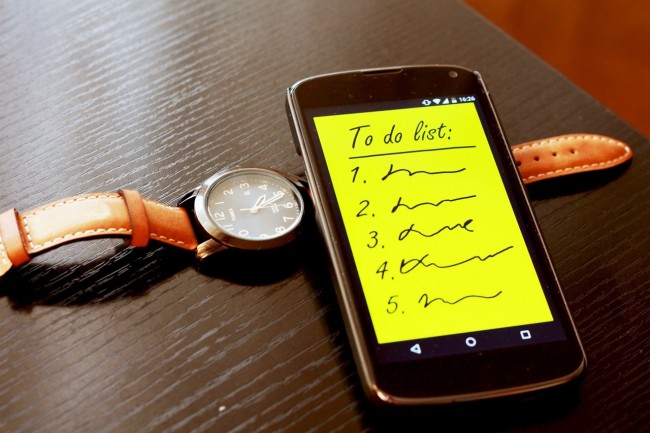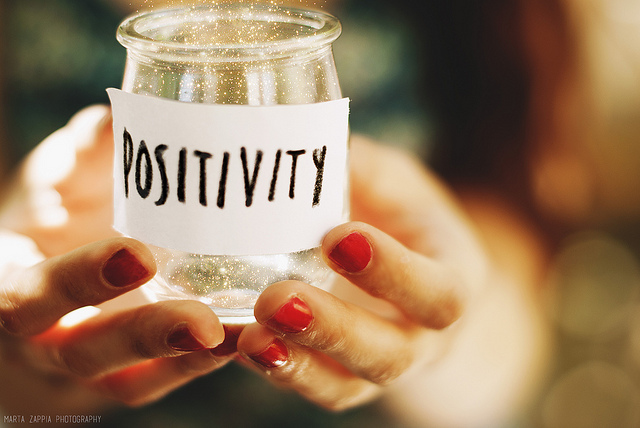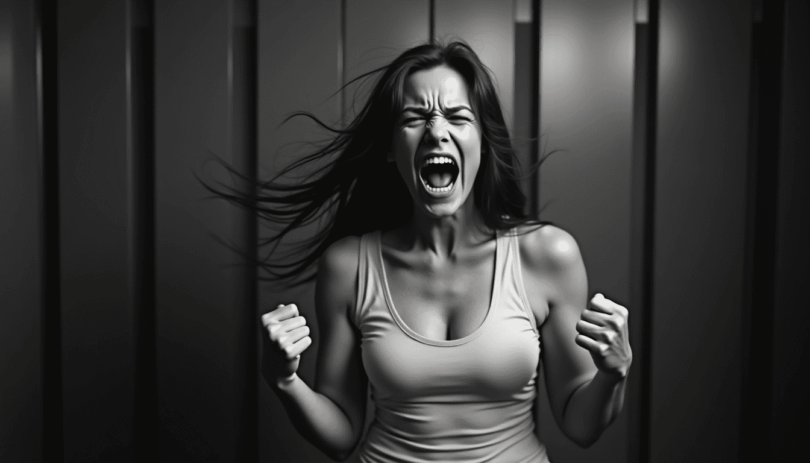Trying to understand your friends with social anxiety and its causes may require you to decipher what really is going on inside their heads. Deep down inside, you know they are just having trouble fitting in, but the truth is, there is more to social anxiety than just having a hard time dealing with people.
This post contains Amazon affiliate links, meaning I may earn a small commission if you purchase through my links, at no extra cost to you. Note: We aim to provide accurate product links, but some may occasionally expire or become unavailable. If this happens, please search directly on Amazon for the product or a suitable alternative.
Like any emotion, as long as it is not too intense, it is useful in our day to day because it makes us cautious in the face of dangerous situations, it encourages our concentration and helps us to face the challenges in a better way.
The problem begins when we misinterpret the anxiety response, that is, when instead of controlling anxiety, it is anxiety that controls us, becoming a powerful source of suffering. When it is presented in a very intense manner and for long periods of time, it paralyzes us and makes us feel helpless, it is at these times when we can start to consider it as having reached another level turning into a disorder. It occurs more frequently in women and appears related to the stress suffered in the day to day.
Symptoms of anxiety.
The symptoms manifested by people suffering from anxiety can be different from one person to another, that is, there are so many symptoms that can be suffered that they can vary a lot among those affected. There are many symptoms of anxiety and even suffering only one symptom can generate a lot of discomfort for a person.
“I’m worried all day about anything that happens to me”, “I feel like I’m agitated and nervous and at night I have a hard time falling asleep”, “sometimes I feel a strong pressure in my chest and I seem to lack air, ”
… These are some of the most frequent complaints or symptoms that people who suffer from anxiety in their day to day.
Do you think you or a friend may be suffering from anxiety? Discover more of the symptoms next.
1. Uneasiness and restlessness persistently
The person suffering from anxiety usually remains in a state of nervousness without a particular reason. The feeling of uneasiness and restlessness is one of the symptoms of anxiety that most often manifests in people with anxiety.
2. Difficulty breathing and choking sensation
Have you experienced the sensation that you lack air or even feel that you can not seem to breathe? Can you imagine how unpleasant it must be for someone to put a pillow over your face, preventing you from breathing? This symptom of anxiety is a highly unpleasant and distressing feeling, but at the same time, it has its explanation.
The body regulates the amount of air we let in and out. When we get nervous, we introduce inside ourselves a quantity of oxygen that the organism does not consume because it is too much. At this time we need to stop accumulating air so that the oxygen level is balanced. How does our body do that? Losing control of breathing for a short period of time, that is, stopping breathing or breathing very slowly.
3. Dizziness and paleness

Conmongt / Pixabay
This symptom in anxiety can be manifested in dizziness or as a sensation of instability that translates into the fear that can even lead someone to faint. Dizziness is the result of hyperventilation and oppression of the neck in response to the situation experienced.
4. Apprehension
This symptom of anxiety refers to a frequent concern that occurs excessively and without control over future possible misfortunes that may occur.
By continually thinking about the bad things that can happen, the person can feel “at the limit” of their strength, which hinders their relationships and the way of living the day-to-day events.
5. Problems related to sleep

imageneserik / Pixabay
One of the symptoms manifested to a greater extent by people suffering from anxiety are the problems related to sleep such as insomnia and nightmares.
When something worries us or generates tension, we tend to experience “rumination”, that is, constantly think and think, turning our heads in relation to thoughts which literally take away our sleep. Learn to fight insomnia with music and recover sleep patterns. It is important that you do not get frustrated because it is counterproductive and how much more you think you are not able to sleep, the less you will get.
Hopefully, you have gained a better idea of the symptoms that lead to cause social anxiety, but If you still have trouble understanding them, these 9 hints might just help you gain a better and deeper understanding of a socially anxious friend.
1. Social anxiety is not just about the fear of interacting with other people.
2. We have the tendency to make such a big deal out of petty things and you should not be surprised about it.
3. If we are going through tough times, sharing our problems only means we trust you.
4. We don’t want to look fragile around people, but we want to receive comfort when needed.
5. And you shouldn’t stop inviting us to things because we turn down invitations or cancel plans.
Sometimes we just can’t. It doesn’t mean we won’t want to in the future.
6. Talking us into going to a party and then leaving us to fend for ourselves is the ultimate act of betrayal.
7. You probably have more socially anxious friends than you realize.
Socially anxious =/= shy or introverted, so your outgoing friends aren’t immune to the struggle even if it’s not immediately obvious.
8. We don’t expect you to know what to say when we’re struggling.
The ~right~ thing to say doesn’t exist. Listening is enough.
9. But we probably don’t want to hear tips that got you through that one time you were kinda anxious about that one thing.
Example: “I totally cured my anxiety with meditation. You should give it a try!”
sources: Buzzfeed









